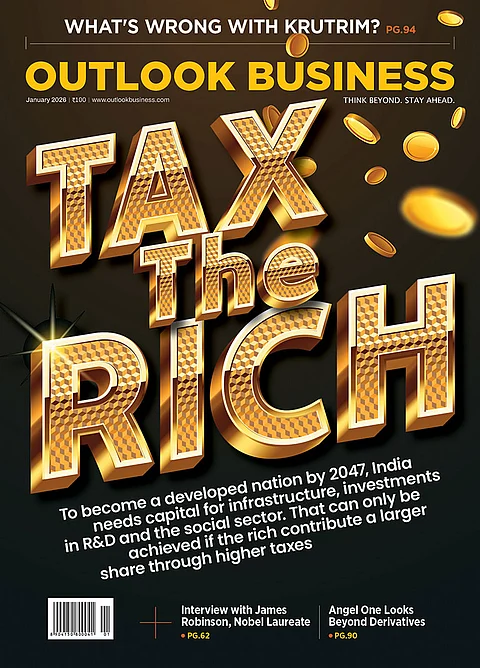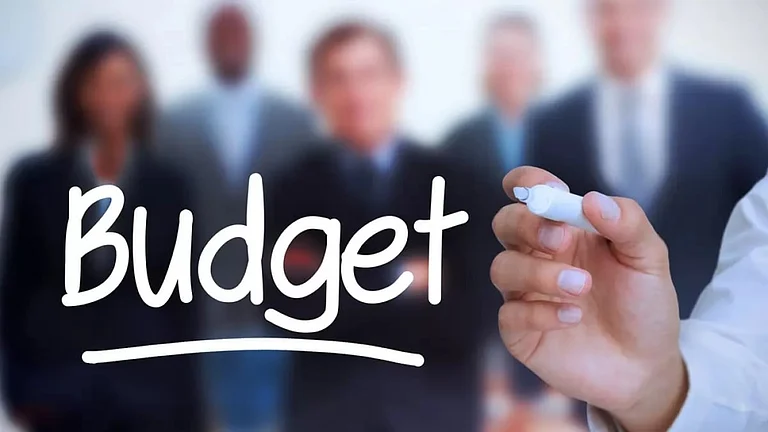IIT-Delhi and the International Energy Agency have signed a Memorandum of Understanding on the role of energy technology innovation in reducing emissions and leading clean energy transitions, officials said on Wednesday.
The memorandum establishes a framework for cooperation between the IEA and the Indian Institute of Technology (IIT), Delhi.
It was signed at the IEA headquarters in Paris to identify key areas of collaboration, including policy analysis to foster energy innovation and information exchange on energy technology trends, particularly in emerging and developing economies.
"The potential for emerging and developing economies in the new energy economy is vast, but the policies, investment and expertise must be tapped if it is to be realised," Fatih Birol, IEA's executive director.
"This MoU will help address some of the existing barriers through knowledge sharing, best practices and tangible actions that can support countries to deploy clean energy technologies and make progress on their climate and energy goals," Birol added.
The IEA and IIT-Delhi recently published a joint report - 'Clean Energy Innovation Policies in Emerging and Developing Economies' - which examines the economic opportunities and the role that policy can play in expanding the new energy economy in emerging markets and developing economies.
The report was launched at the 15th Clean Energy Ministerial and the 9th Mission Innovation Ministerial in Foz do Iguaçu, Brazil. It was attended by experts from the industry, international institutions, government, private sector, academia, and civil society organisations.
"We are delighted to be partnering with the IEA to work on the clean energy transition. We believe this partnership can help us build capacity to address the climate and sustainability challenge and develop future-ready graduates for society," IIT-Delhi Director Rangan Banerjee said.
"The IEA and IIT-Delhi together can enable strategies for developing and emerging economies to manage the transition to net zero," Banerjee said.






























